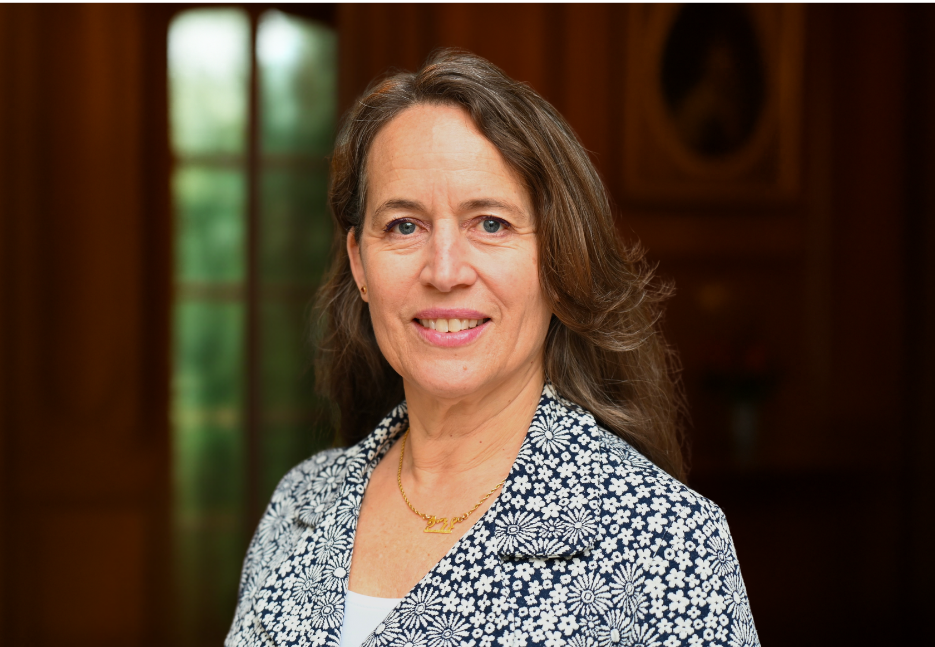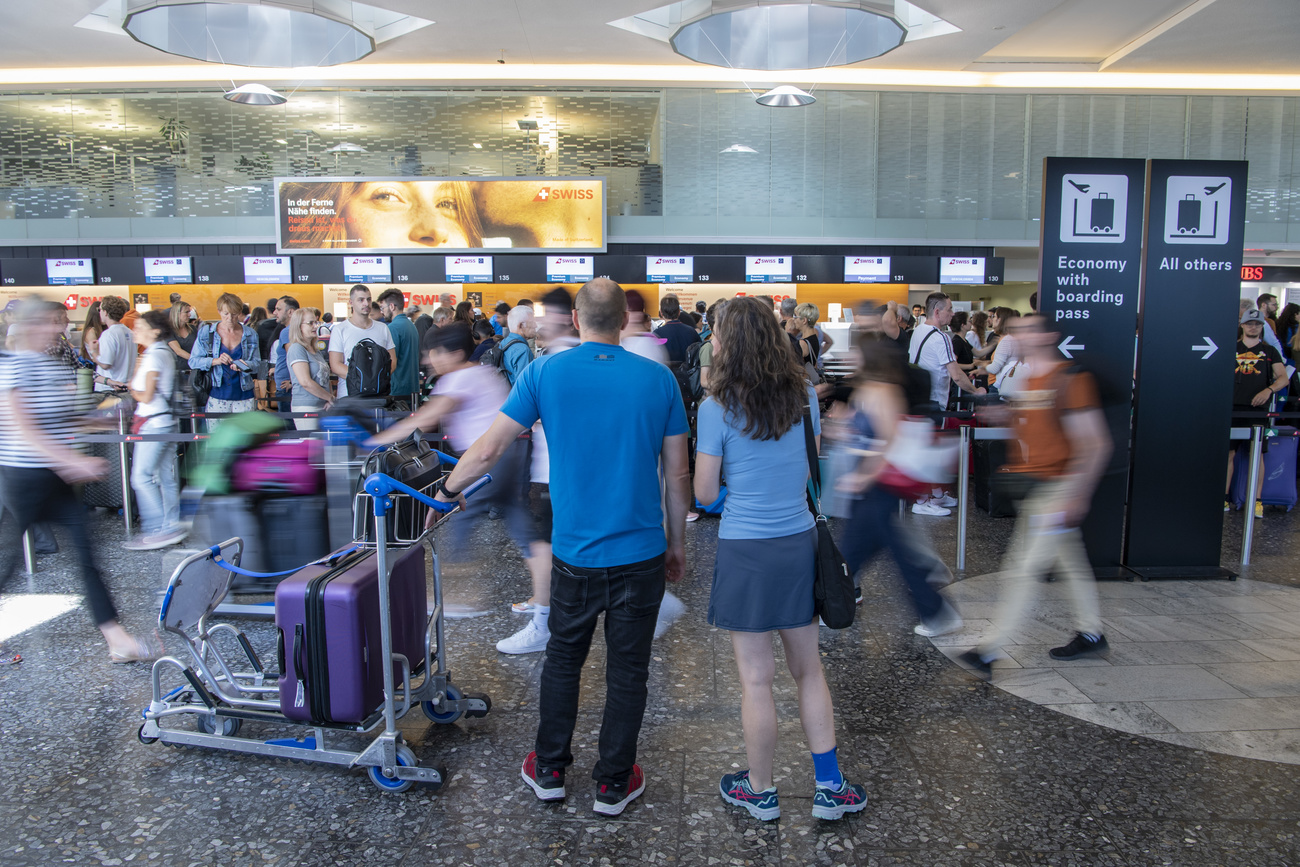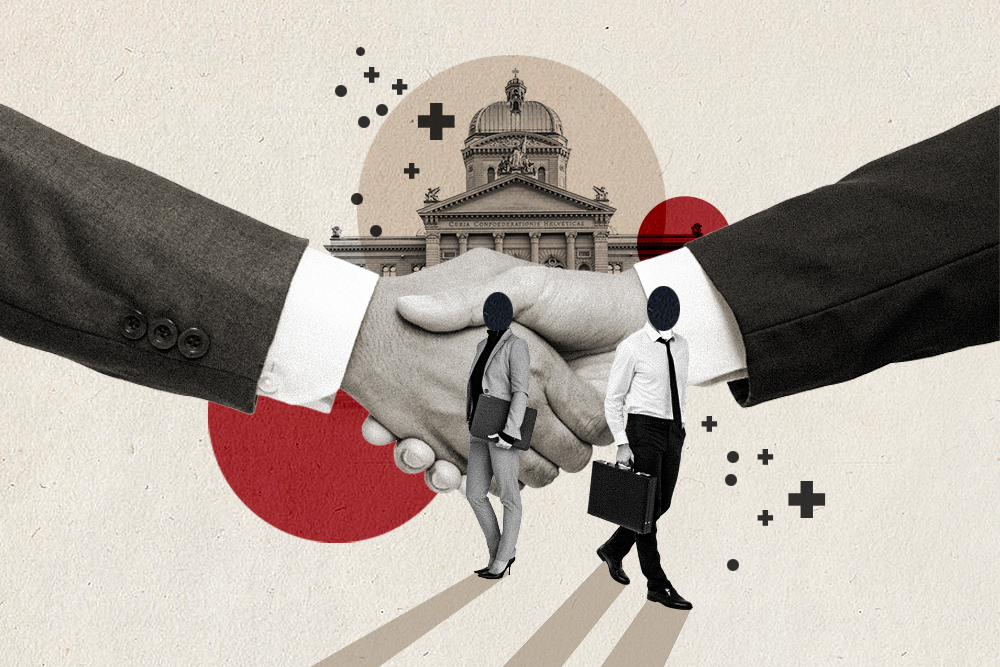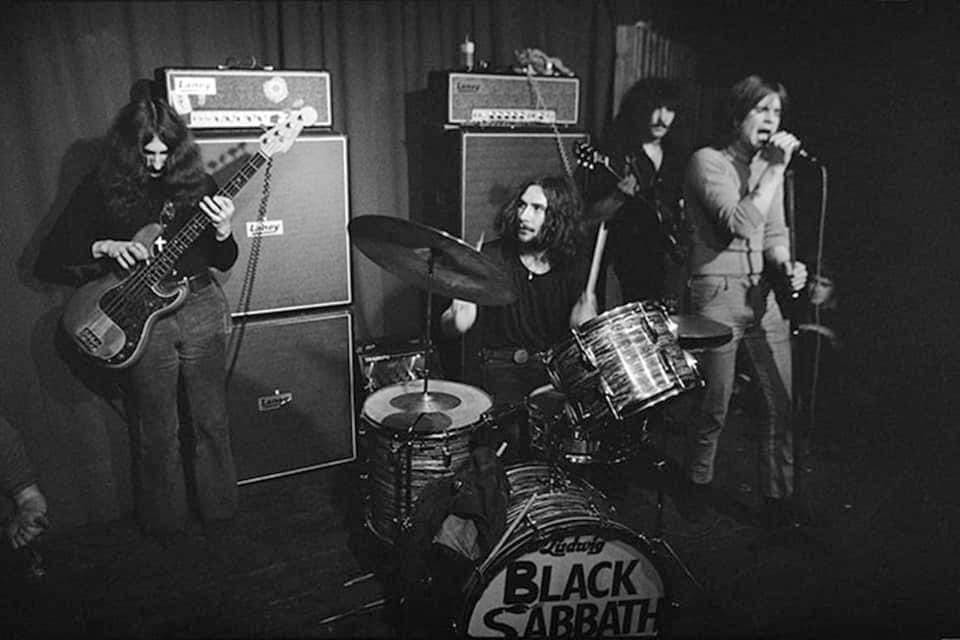
Switzerland and France ‘have shaped each other profoundly’

Tania Cavassini is the new Swiss ambassador to France. In an interview with SWI swissinfo.ch, she underlines the importance of bilateral cooperation, cultural diplomacy and dialogue with Swiss Abroad for her mission.
Cavassini says she knew “from the age of 15” that she wanted to become a diplomat. She now has over 30 years of experience in diplomatic, humanitarian and business spheres. Her new posting to France began on January 1 of this year.
In late April, Cavassini travelled the 880 kilometres between Paris and the small spa town of Amélie-les-Bains (in the department of Pyrénées-Orientales) to take part in the 65th congress of the union of Swiss associations in France.
SWI swissinfo.ch: What are your ties to France?
Tania Cavassini: I grew up in Épalinges, just north of Lausanne [in canton Vaud]. France was always a strong presence since it was right in front of me on the opposite shore of Lake Geneva. I remember trips [across the Lake] to Évian on the Belle-Epoque boats of the Compagnie Générale de Navigation. And the Franco-Swiss ski slopes before the era of free movement of persons.
My goal is to highlight the intensity and diversity of the relationship between Switzerland and France in all areas: politics, economics, security and culture.
SWI: France is home to over 212,000 Swiss nationals – the largest community of Swiss Abroad. What part do they play in your mission?
T.C.: My job is to support and maintain the state-to-state relationship. More specifically, to defend and promote Switzerland’s interests.
Swiss citizens living in France play an important role in Franco-Swiss relations. They foster a deep human and cultural bond. This community makes up a quarter of all Swiss Abroad. To me it is therefore vitally important. Many are dual nationals – about 80 % – and are bridges between our countries.

More
The Swiss Abroad in nine charts
France has also adopted certain Swiss figures, such as [writer] Blaise Cendrars and [film director] Jean-Luc Godard.
Our histories are so tightly interwoven that you could say Switzerland and France have shaped each other profoundly.
SWI: Do you have any plans to promote the role of Swiss Abroad in France, whether in culture, the economy, or citizen diplomacy?
T.C.: I’m still at the beginning of my term. This year marks the hundredth anniversary of the birth of two famous Swiss artists: we recently organised an event about the poetry of Philippe Jaccottet, and in June we’ll celebrate [the sculptor] Jean Tinguely at [Paris’s] Grand Palais. I’m also looking forward to the November re-opening of the Swiss cultural centre in Paris after several years of renovations. The French language we share provides fertile ground for exchanges.
SWI: What are the main areas of cooperation between the two countries today?
T.C.: Our countries share much more than a language and a border. Switzerland is the largest European investor in France, and the world’s second largest just behind the United States. Over 1,300 [Swiss] companies in France generate more than 300,000 jobs. Switzerland is also the leading creator of manufacturing jobs in France. I’m impressed by the growth of Swiss investments in France and by the mutual attractiveness of the two markets.
The healthy competition and stimulation of the last 20 years has been spectacular: university exchanges, cross-border cooperation on health issues and development of shared infrastructure. All this attests to a proliferation of initiatives. We also cooperate daily on the economy, security, and, of course, transport.

More
Behind the scenes of Swiss diplomacy: salaries, facts and neutrality
Lastly, democracy and human rights are shared values we defend both in regional and multilateral forums. In a world in which democracies are increasingly threatened by the growth of authoritarian regimes, Switzerland can play a role in promoting democracy as a vehicle for peace and sustainable development.
SWI: In February 2025, Swiss Transport Minister Albert Rösti and French Transport Minister Philippe Tabarot signed two declarations of intent to develop a rail network linking our two countries. What are the main objectives?
T.C.: The goal is to improve transport options for people and goods along the entire length of the border. Working groups will be created to identify areas for development. Both sides are committed to this, and in May the French transport minister will start examining how to finance the infrastructure. I know that Switzerland is envied for our railway-infrastructure fund that allows us to plan for the long term.
Many cross-border employees who work in Switzerland every day would like to see improvements on the Lyon-Geneva route. The problem is that this is a regional line that doesn’t support high-speed trains.
I’m delighted that this spring marks the fifth anniversary of the Léman Express, [a rail line spanning the border at the western end of Lake Geneva]. Other initiatives to improve the daily flow of traffic and link our countries are under discussion.
Finally, we’d also like to see the TGV – [a high-speed train connecting France to several cities in Switzerland] – go all the way to Bern.
SWI: Switzerland and France have regular strategic discussionsExternal link about their security cooperation. What are the most recent developments?
T.C.: We maintain intense and structured cooperation on police, judicial, military, transport, and intelligence matters. Officials from both countries meet each year. We conduct many joint military exercises with France, including in the Alps. The defence attaché’s office in the Swiss embassy in France is very active.
SWI: Given the current geopolitical context, what does France think of Swiss neutrality?
T.C.: [Switzerland’s neutrality] sometimes raises questions, but it’s respected. My French contacts understand our position and don’t challenge it. In our meetings, I often mention historic milestones of Swiss neutrality, which began with the 1516 perpetual-peace agreement between France and Switzerland after the Battle of Marignano. Switzerland’s neutrality was recognised by the European powers in the 1815 Treaty of Vienna and finally codified in the 1907 Hague ConventionExternal link.

More
The Swiss-EU bilateral treaty updates, explained
SWI: In 2021, Switzerland unilaterally shut down negotiations over a framework agreement with the EU. The EU – France included – viewed this negatively and felt that Switzerland was trying to avoid joint rules while profiting from the single market. What is the current state of relations between our two countries?
T.C.: Negotiations between Switzerland and the EU over a new bilateral agreement concluded successfully in December 2024 after a lot of hard work. The treaty has since been signed. We are now in a preparatory phase before the agreement is submitted to a vote in the Swiss parliament, and this will all take some time. I sense that my French counterparts would like things to move forward.
SWI: Since January 2015, Switzerland and France have had no bilateral agreement governing inheritance tax. This creates cases of double taxation and causes problems for many Swiss. Are any discussions planned to remedy the situation?
T.C.: There is currently no political will to re-open negotiations on this issue.
Edited by Samuel Jaberg/Adapted from French by K. Bidwell/sb

More
How are you, Switzerland? Let us know in our 2025 survey

In compliance with the JTI standards
More: SWI swissinfo.ch certified by the Journalism Trust Initiative
































You can find an overview of ongoing debates with our journalists here . Please join us!
If you want to start a conversation about a topic raised in this article or want to report factual errors, email us at english@swissinfo.ch.